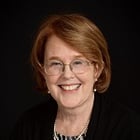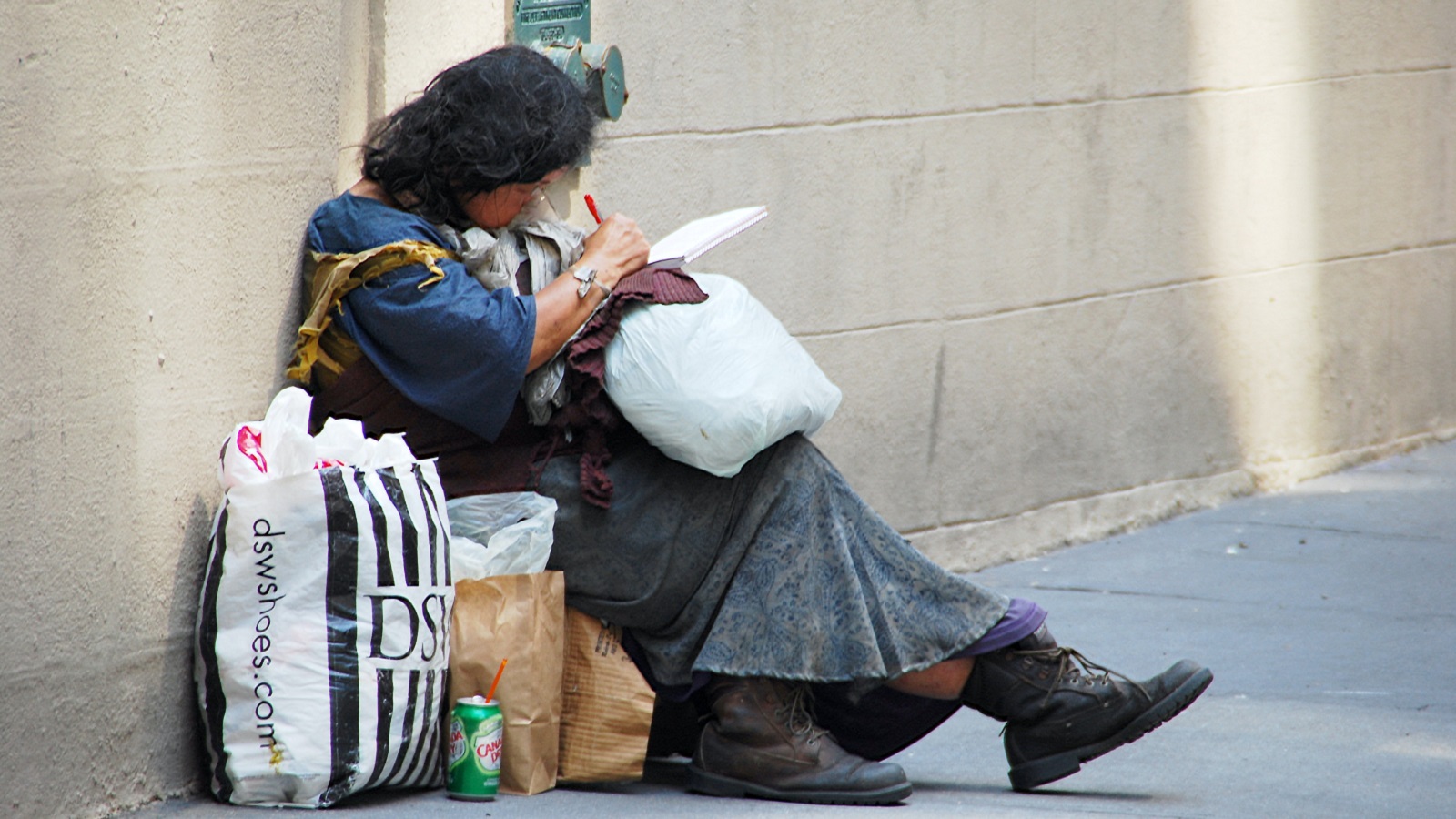We doctors don’t like to feel helpless. It’s a real comeuppance when we are faced with an unknown entity so vast, so consuming of resources, and so perplexing even to the giants of medicine. And devastating. Robbing lives too soon. Stealing goodbyes and last hugs.
I’ve been here before. The emergence of HIV/AIDS happened during my residency. Thousands of young gay men died from opportunistic infections. It was years before they identified the virus and discovered treatment regimens that contained—and still haven’t cured—that virus. I remember standing in the medical ICU at the Brigham & Women’s Hospital at 2:00 AM calling every funeral home in Boston and being turned down because everyone was scared, and no one wanted to touch a body that had been infected with this unknown pathogen. Universal precautions weren’t a thing yet. Impossible to imagine, now, isn’t it?
My career took me in two parallel tracks—Primary Care Internal Medicine/Women’s Health and the care of homeless women. I’ve done both for over 35 years. Most of my days are spent thinking about access, context, equity, and trauma in the lives of women experiencing homelessness. The nonprofit organization I founded and continue to operate, Health Care Without Walls, provides free medical care and care coordination to thousands of women and children in Boston. Our model involves closing gaps in health care and other medical services for women who have no permanent address and who most likely face trauma everyday but are stuck, relying on a system that doesn’t guarantee their safety or well-being. There are thousands of homeless women and families in Boston and throughout Massachusetts. The numbers have been growing in recent years amidst a dire shortage of available housing.
Health Care Without Walls has programs for women over 50 (Bridges to Elders), pregnant women receiving prenatal care at Brigham & Women’s Hospital (Bridges to Moms), and adult women using day services at women’s shelters. During the pandemic, we have called, texted, and video chatted with these women, brought them boxes of food, grocery gift cards, newborn diapers, layettes, and strollers. We provide cab vouchers for in-person visits. My team has been screening women at Rosie’s Place (the oldest women’s shelter in the United States) every day since March, taking temperatures and asking screening questions. Anyone who screens positive is sent for testing, isolation, and sometimes hospitalization. Some of the women stay outside. Many women have no options. They need a bed, they have medical conditions that require monitoring, they need to be near a bathroom. April was cruelly cold and wet. By the time we started screening at 7:30 AM, many of the women didn’t register a temperature. The faces of the women coming in were taut, strained, frightened, frustrated, angry. Hundreds come every day. They sit 6 feet apart, for the most part staying quiet, keeping to themselves, reading, sleeping, eating the boxed meals, pensive, waiting out the day, waiting out their lives, worried about the constant exposure in the overnight shelter that they have no choice but to return to at the end of each day. Even though many of the homeless have been moved to new physical locations, the contagion has already passed through this community. Though there are good, well-intentioned people running this show, the fact remains that the homeless should have been moved to locations where they could physically distance much sooner in the course of this pandemic.
In the 1980’s I felt helpless, puzzled, indignant, and broken-hearted for those young men. I’m all those things now, and I’m also really angry. These women deserve better. I stand outside on these early mornings watching the women lining up, working as hard and as fast as I can, knowing in my heart that this day may be one of their last days of peace and quiet, of health, of feeling safe. Next week they might be in a cot next to someone they don’t know but by virtue of circumstance and experience, they fear. Or they might be dead. It’s mentally, emotionally, and morally exhausting. I don’t know how these women do it. The terrible planning for these women diminishes who they are, what their lives are worth, what they meant to someone, or what they could do if given half a chance. That’s why I keep going back: to honor them.
**Feature photo by Ilse Orsel on Unsplash
Interested in contributing to the Harvard Primary Care Blog? Review our submission guidelines
Interested in other articles like this? Subscribe to the Center's bi-weekly newsletter

Roseanna H. Means, MD, MSc, has been a primary care physician on the staff of Brigham & Women's Hospital since 1984. She is a senior attending physician in the Division of Women’s Health and an Associate Professor of Medicine at Harvard Medical School. Dr. Means is the Founder and President of Health Care Without Walls, a non-profit organization of volunteer physicians and staff nurses who have provided free medical care and care coordination for homeless and battered women and families in Boston since 1999. She has been recognized for distinguished community service by Massachusetts Medical Society, Health Care for All, MIT Alumni Association, Tufts University Alumni Association, and Harvard Medical School. In 2010, she was recognized as a Community Health Leader by the Robert Wood Johnson Foundation, and in 2011, she was named a CNN Hero.
- Share
-
Permalink


